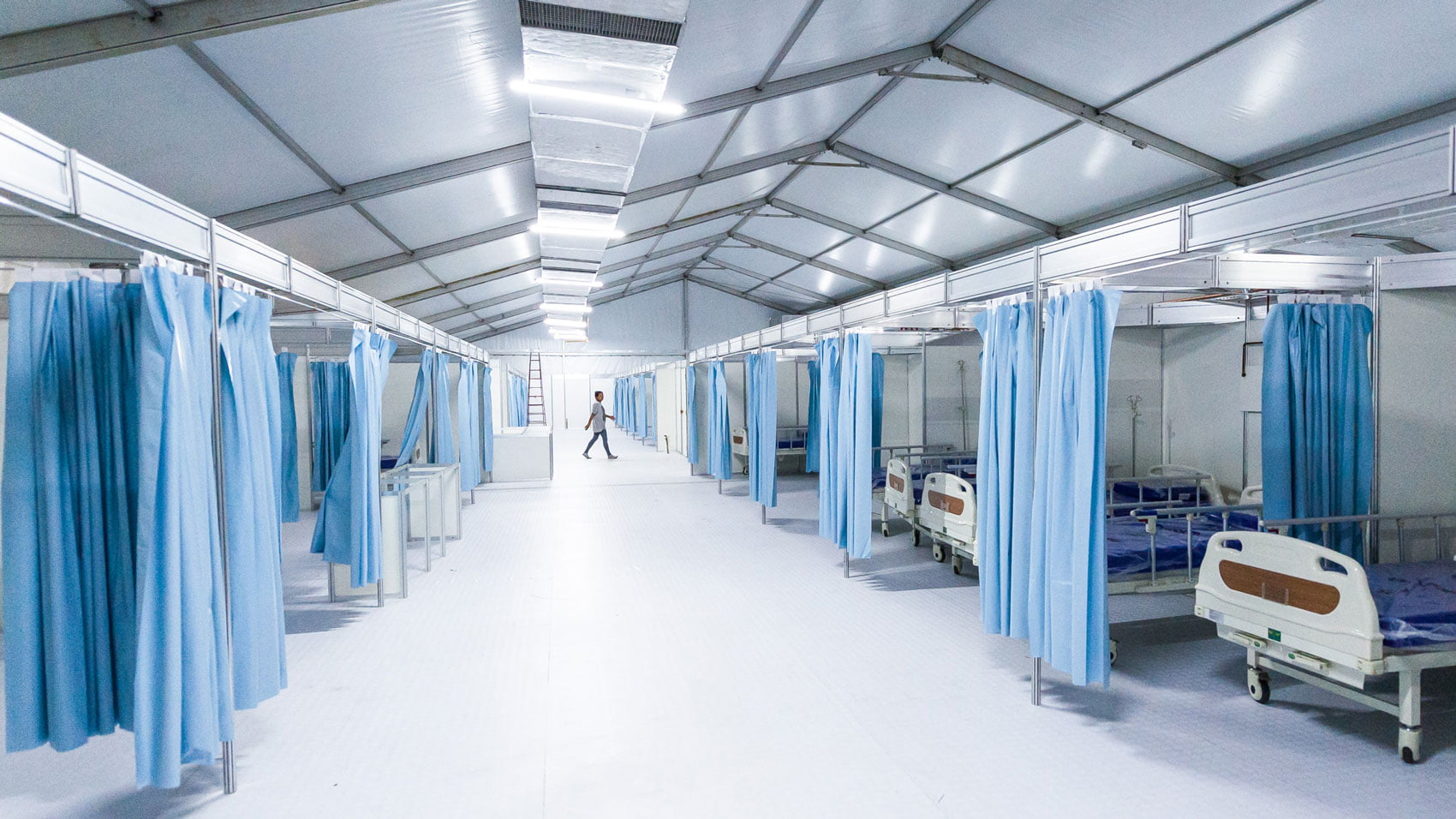If you have been notified of the death of a loved one by a hospital, then it can be a very distressing time, especially if the deterioration in the patient’s condition was rapid and the death was consequently unexpected. That’s why the close-knit and compassionate team at Newrest Funerals can be so helpful. We are used to all of the matters that need to be dealt with following the death of a relative and will assist you through the process of what to do next and how to make the funeral arrangements. Our lines are open day and night so don’t hesitate to call us.
To begin with, we’ll advise you about what to do if the person who has died was in a hospital outside of the UK when they passed on. This will often involve tracking down the closest consular service in that country and seeking assistance from the FCDO, the government department with responsibility in this area. More often than not, however, we’ll be assisting someone who has lost a loved one in a British hospital.

Obtaining a Medical Certificate
The NHS Trust responsible for that establishment will be expected to produce a medical certificate, usually signed by a doctor. The same goes for private hospitals, of course. Either way, you will need this certificate so that you can formally register the death with the authorities. If one has not been issued, then this is usually because the cause of death is uncertain. Under such circumstances, the coroner will usually order an investigation if they haven’t already done so.
Most hospitals will keep the bodies of deceased people in their own mortuary although some also have chapels which serve the same purpose. However, you cannot expect the body to remain there indefinitely unless there is a medical investigation that has been ordered post-mortem. Therefore, you will need to book a firm of funeral directors to collect the body for you and to convey it to their own facility. Here, the body will be prepared for the funeral service. This will usually come a few days down the line unless a very quick service is wanted, such as often happens with Islamic burials, for example. Also, check out our list of recommended funeral directors in Wiltshire for assistance.
Once your medical certificate has been issued, you will have to take it for inspection by the local registrar. Most large towns and cities have a registry office. We can help you to track the right one down and to check on the opening times. Official notices of death have to be registered within five days under UK law. Most registrars won’t take the medical certificate as proof of identity on its own, however. This means you’ll need the person’s driving license, passport or another official document. You’ll also need something with their address on it.
With the death certificate issued, you can then book a funeral service and notify interested parties – such as the deceased’s bank – of the death. Check to see whether the deceased had funeral insurance or a funeral plan since this may mean the costs of the funeral are at least partially covered. Again, these are all matters that we can assist you with so feel free to call us right now.


